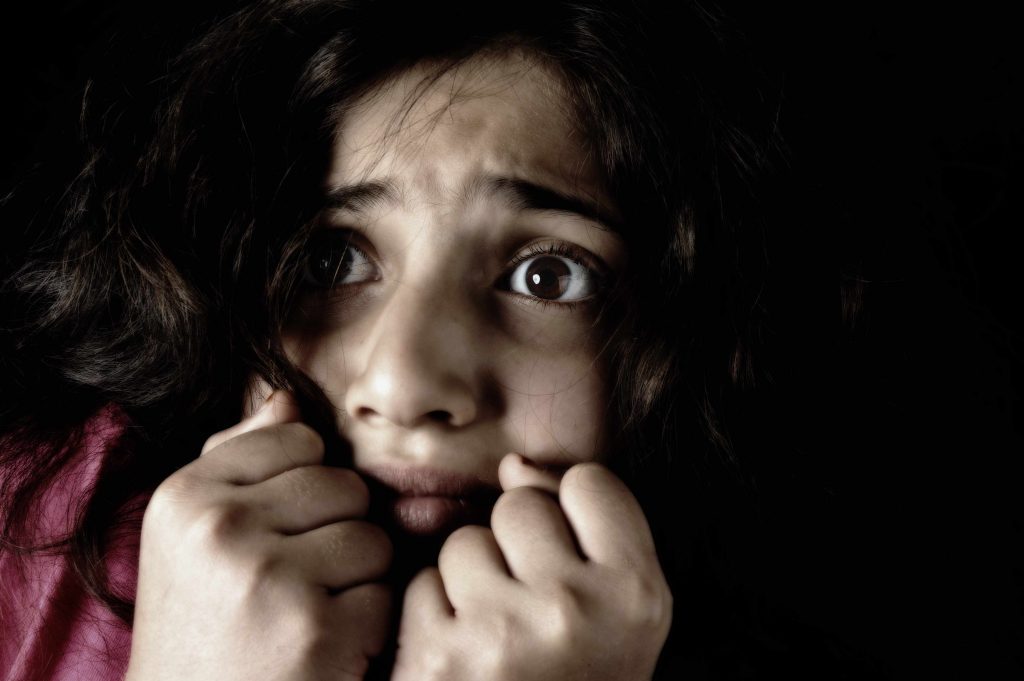-
Featured News
Mayo Clinic Q and A: Helping your child with fear and anxiety about storms
 DEAR MAYO CLINIC: What can I do to help my 9-year-old daughter overcome her fear of thunderstorms and tornadoes? She is always asking about the weather and if we’ll need to go to the basement to be safe. Should I have her see a therapist?
DEAR MAYO CLINIC: What can I do to help my 9-year-old daughter overcome her fear of thunderstorms and tornadoes? She is always asking about the weather and if we’ll need to go to the basement to be safe. Should I have her see a therapist?
ANSWER: It’s common for children your daughter’s age to be afraid of storms. There are many things you can do at home that may ease her anxiety. If you find her fear of storms does not improve, or if the anxiety begins to interfere with daily life, consider having her talk with a therapist or counselor.
During a storm, it is reasonable for a child to seek comfort from a parent. Storms can be scary. For children who have a significant fear of storms, the problem comes not so much from a storm itself, but from the anticipation of a storm. That anticipation can result in ongoing stress and anxiety.
As you describe, many kids like your daughter are hesitant to leave the house if they think they may get caught in a storm. They may try to avoid outdoor activities. This stress can get in the way of other aspects of their lives, such as schoolwork, because the fear makes it hard for them to concentrate. It can be wearing on parents, too, as the children look for constant reassurance that there is not going to be a storm.
There are several things you can try to ease your daughter’s fear. For some children, it is comforting to know the plan for staying safe in a storm. Talk to your daughter about what your family can do during a storm — even if you are outdoors or away from home. Reassure her that you will do whatever you can to keep her safe.
Knowledge also can be helpful. Books, websites or other resources that discuss storms are a good place for your daughter to learn more. Understanding what causes a storm can ease some children’s anxiety about when a storm may happen. Just be careful that the sources you choose focus on the storms themselves, rather than dwelling on the destruction they may cause.
Try to help your daughter decrease her “safety behaviors.” These are the things she does that make her feel a little better but don’t really do anything to keep her safe, including checking the forecast or asking about heading to shelter. When kids rely on these behaviors, it prevents them from learning that they can handle uncertainty. As these behaviors decrease, children come to see that they can manage not knowing exactly what’s going to happen, and things often turn out fine.
As you work through ways to help your daughter handle her fear, remember that it is important to be warm and encouraging. Never punish or belittle a child for being afraid.
If the fear continues despite your attempts, or if it gets worse or becomes distressing to you as a parent, then it is time to seek professional help.
The therapy used for storm anxiety consists of helping kids face their fear. It may start with simply talking about storms. That may transition to reading stories about storms and watching videos of tornadoes, hurricanes or other big storms. Eventually, it works up to the child being outside in the rain or standing near a window watching a storm while it happens.
Of course, one of the challenges is that a therapist cannot conjure up a storm for a therapy session. Instead, making a plan and role-playing what children can do to handle a storm allows them to feel confident that they know what to do when a storm comes. Helping kids gradually face their fears in this way has proven to be quite successful in overcoming anxiety and excess worry. — Dr. Stephen Whiteside, Psychology, Mayo Clinic, Rochester, Minnesota
****************************
Related Articles
- Back-to-school tips: Childhood test anxiety published 9/6/18
- Mayo Clinic Q and A: Helping your child deal with back-to-school bullying published 8/30/18
- Separation anxiety, fears and stress when going back to school published 8/14/18
- Mayo Clinic Q and A: Anxiety and eating issues in children published 5/27/17







